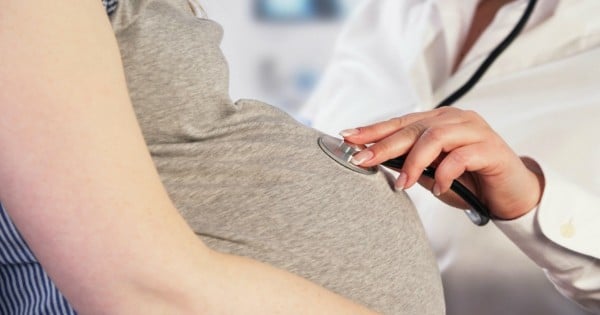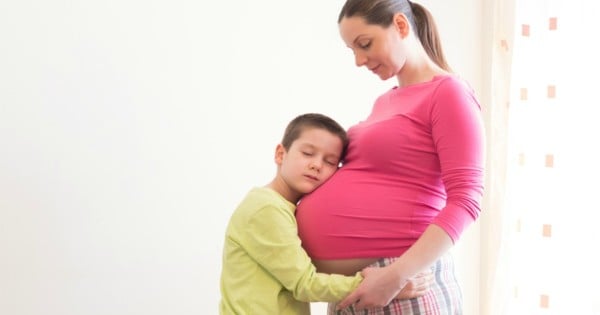
There is a study making headlines throughout the world today and sending already anxious pregnant women into a spin.
The British study links the use of paracetamol during pregnancy with behavioural problems in children. Researchers at the University of Bristol found five percent of children born to pregnant participants taking paracetamol had behavioural problems by the age of seven.
Paracetamol (Acetaminophen) has long been considered safe during pregnancy and is widely used by many pregnant women for pain and fever – so it’s natural that if you are pregnant, or have ever been pregnant and taken one of these products you might be freaking out.
But pregnancy is already stressful enough without scaremongering headlines, so lets breakdown a few facts.
Researchers from the UK’s University of Bristol analysed data for 7,796 mothers enrolled in the Avon Longitudinal Study of Parents and Children between 1991 and 1992, along with their children and partners. They examined associations between behavioural problems in children and their mothers’ prenatal and postnatal paracetamol use. They also looked paracetamol use by their partners.
The study, reported in the journal JAMA Paediatrics, reported that 5% of children had behavioural problems including conduct problems and that the children of mothers who used paracetamol at 18 and 32 weeks of pregnancy were more likely to have conduct problems and hyperactivity symptoms, while the children of mothers who took paracetamol at 32 weeks were also more likely to have emotional symptoms and total difficulties.
Dr Ric Gordon discusses the study on Nine's TODAY.. Post continues after video...



Top Comments
Association not causation. Important to study but nothing clear yet. The study also measured paracetamol use in the fathers (thinking this would be a good control) and found an associated risk of behavioural disorders in the children. There's more to it that we just don't understand yet
I would think there would be at least 5% of all children would have some sort of behavioural issue regardless of paracetamol.